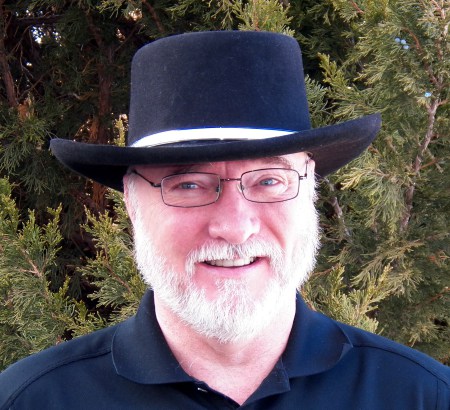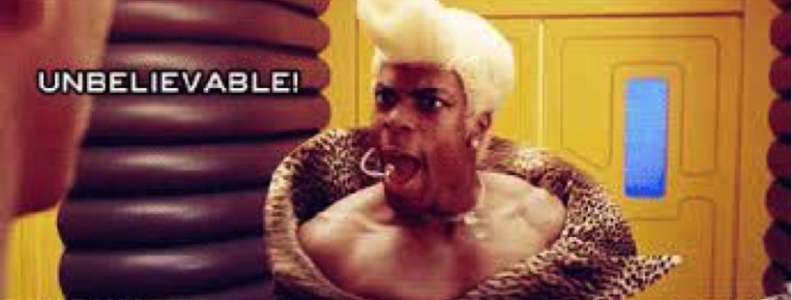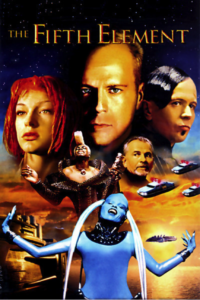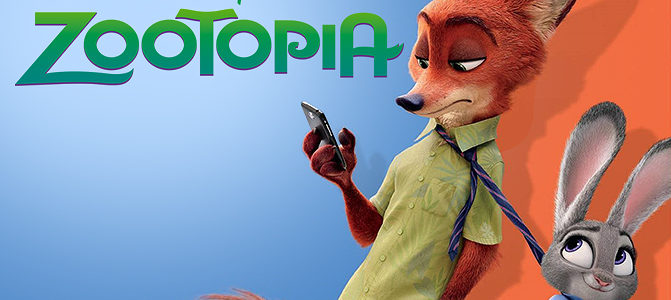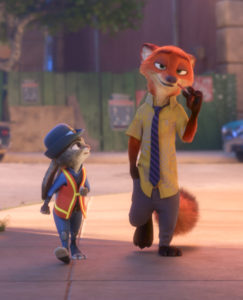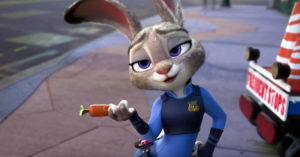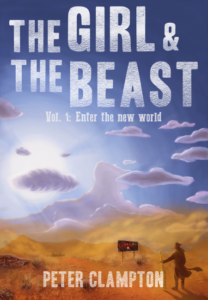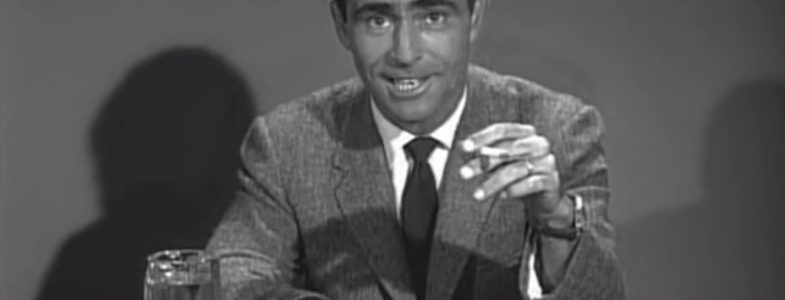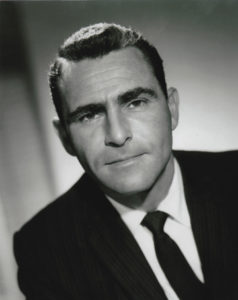A Guest Post by Sean Golden
Unless you are writing a short story about someone stuck in a prison cell all day, there’s a good chance that your story will have to deal with transportation. Transportation can be the thing that quite literally carries your story’s plot from place to place. If it is important to you for your story to get things right, you probably should be aware of some common misconceptions about different types of transportation.
Let’s start with horses. I’ve read many stories where characters treat horses like automobiles. Horses are ignored until the character needs them, when they appear fully rested, fed and saddled, and then gallop madly from place to place at a pace that would kill an average horse. What many authors seem not to understand is that the typical pace of riding a horse isn’t a gallop. It’s a rhythm that sort of alternates between a walk and a trot. A day’s ride is roughly thirty miles, or roughly the average daily commute of an American office worker. Horses also need to be tended, and they are smart enough to know when they are being mistreated. A person traveling on horseback needs to spend an hour or so each day doing nothing but tending their horse, or they won’t have a horse for long.
Now let’s talk about sailing. First, you don’t set a new course by turning the wheel. A sailing ship is a finely tuned machine that turns wind into motion, and the gears of that machine are the sails and the keel. All the steering wheel does is control the orientation of the keel. To set a new course typically requires a complex re-positioning of the sails to produce thrust in the direction desired, and a re-alignment of the keel to stabilize the ship in the new configuration, or in the case of tacking, to create a thrust vector that travels into the wind. Of course if you’re sailing upwind, you have to repeatedly reverse tack in a zig-zag pattern to go in anything like the direction you desire. Sailing a tall ship is brutal work. Teams of sailors haul huge, heavy, wind-tossed sails, tying and untying ropes to reset the sails every time the wind changes, or any time a new course is chosen. Turning the wheel is the most trivial part of that endeavor.
Second, sails rarely are used to catch the wind directly from behind. Circumstances that allow a sailing ship to “run before the wind” are unusual enough that doing so is considered remarkable good fortune. Sails are actually airfoils that produce thrust more or less the same way that an airplane wing produces lift. That’s why modern racing yachts have wings instead of sails, they are more efficient at producing thrust. The trick to sailing is learning how to position your sails in such a way that the wind blowing across them produces the optimum thrust in the direction you want to go, which is generally not directly at your intended destination. Instead a series of course changes taking advantage of the wind conditions takes your ship to port like a converging geometric series of lines and angles.
In science fiction, perhaps the most common misconception about space travel is the idea that it is very similar to flying an airplane. It’s not. Flying an airplane is as different from piloting a space ship as it is from sailing a ship. There are two major reasons for this.
First, ignoring orbital mechanics and considering movement in “deep space,” every change in position of a ship requires an expenditure of fuel. That means if I’m in a ship traveling in one direction, and I need to turn around and go back the other way, every inch I go off the direct line I am traveling is wasted fuel. And when fuel is your most important commodity, you don’t want to waste it. Any ship navigator that “swoops” their spaceship around in a big looping arc will probably find themselves on latrine duty the next day.
But more important than that, and what virtually every space scene in movies and most sci-fi books get totally wrong, is the reality of orbital mechanics. In space, when dealing with gravity wells, (like in orbit around a planet, for example) you don’t point your ship at your destination and hit the throttle. In fact, doing so is likely to be suicidal. Moving around in a complex and dynamic collection of gravity wells can be compared to sailing a ship. The most efficient way to reach a destination is usually to follow a complex path that requires constant readjustment to exploit any local gravity wells. A space battle in orbit can be viewed as a sort of dance, where the ships follow orbital trajectories that cause them to separate and then come back together over and over again as each ship maneuvers to gain the best advantage against the enemy as they sweep past.
Finally, the biggest misconception about space travel is the sheer immensity of distances involved. The Milky Way Galaxy is a hundred thousand light years across. That means a ship going one hundred thousand times the speed of light, would still need a full year to cross the Milky Way. And that’s before we even start to think about the crazy relativistic effects that come into play.
But there is good news. The good news is that most readers have no technical understanding of these things, and are more interested in a good story than in realistic handling of the details of transportation.
Joss Whedon was once asked how fast the Firefly class freighter, “Serenity” traveled. His answer was a brilliant one. “She travels at the speed of plot.”
That works too.
Sean Golden is many different things. Father, husband, writer, programmer, project manager, gamer, crafter,fisherman, amateur astronomer and too many other things to bore you with. He took a year off from the grind of corporate cubicle farms to write “Warrior” and “Warlock,” both available on Amazon.com. The third book in the series, “Warlord” is in the final stages of writing now. Sean has a BS in physics from Louisiana State University and had the second highest rated rogue on his World of Warcraft server after taking down the Lich King, and then retiring from raiding.
Read more from Sean Golden at Www.seandgolden.com

